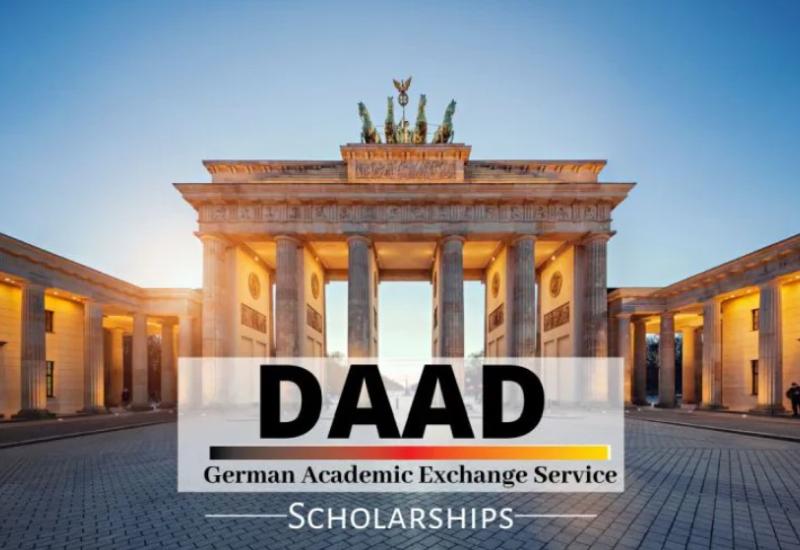The Agreement between the Cabinet of Ministers and the Government of Germany on cooperation in the fields of science, technology, innovation, and higher education is being successfully implemented in Ukraine. In particular, the German Academic Exchange Service (DAAD) recently announced that it would allocate €24 million until 2029 for the implementation of 29 projects in German higher education institutions under the German-Ukrainian University Network program. Igor Sikorsky KPI is also part of this network.
A year ago, when signing an intergovernmental agreement on scientific and technological cooperation between Ukraine and Germany, Ukrainian Minister of Education and Science Oksen Lisovyi said: "This is an important agreement for us, because we understand that science cannot develop in isolation; it develops through interaction and cooperation. We clearly understand that the restoration of Ukraine is impossible without technology, and technology, in turn, cannot exist without science.“ Federal Minister of Education and Research Bettina Stark-Watzinger added: ”Russia's brutal war of aggression is causing terrible suffering and destruction in Ukraine. It also has serious consequences for Ukrainian science. We stand by Ukraine and provide it with military, humanitarian, and economic support. However, our efforts in wartime are also focused on reconstruction. Through the Agreement on Cooperation in Science and Technology, we are deepening our cooperation with Ukrainian partners in science and research. Strengthening Ukraine's innovative power today is strengthening the country for reconstruction and for a future in peace and freedom."
Today, the German-Ukrainian University Network supports the reconstruction of Ukraine's higher education sector and promotes its integration into the European educational space. Forty-seven Ukrainian higher education institutions are participating in joint projects with German universities. The program consists of two parts: the first, “Learning and Teaching,” promotes bilateral cooperation in the development of joint study programs, including double degrees, as well as joint teaching and learning modules. Particular attention is paid to the exchange of teachers and students. Approximately €800,000 is allocated for each project in this area. The second part, “Higher Education Management and Internationalization,” supports measures to improve the qualifications of scientists and help them acquire competencies in the field of higher education management, internationalization, and integration. Approximately €400,000 is allocated for each project in this area.
Projects involving scientists from Igor Sikorsky KPI
– The Institute of MMI, FSP, and FMM will cooperate with the East Bavarian Technical University (Amberg-Weiden) on the project “Teaching and Administration Network for Dual Education and Mobility Ukraine-Germany.”
– The project “Automation and Control Based on Artificial Intelligence” at the Technical University of Clausthal will be implemented with the participation of the FEA, the Department of Automation of Electromechanical Systems and Electric Drive.
– The FL and HTF will participate in the implementation of the project “University Network ‘Ukraine in Europe’” with Justus Liebig University (Gießen).
– The projects “Mechatronics, Energy, Robotics, and Innovative Technologies with Ukraine” and “Microcertificates as a Tool for Internationalization for Ukrainian Universities” will be carried out jointly with Leibniz University (Hanover) at the Institute of MMI.
– The project “Expansion of the Successful German-Ukrainian Education Network” with Anhalt University of Applied Sciences will be implemented at the Institute of FTI.
According to the DAAD, German universities have successfully supported Ukrainian higher education institutions during the crisis, in particular through funding programs. This has deepened cooperation between German and Ukrainian partners, the strengthening of which is of great importance for Ukraine's further integration into the European higher education area and the sustainable recovery of the higher education sector. German universities also benefit from long-term cooperation through expanded internationalization opportunities and new experiences in the areas of sustainability and flexibility.

